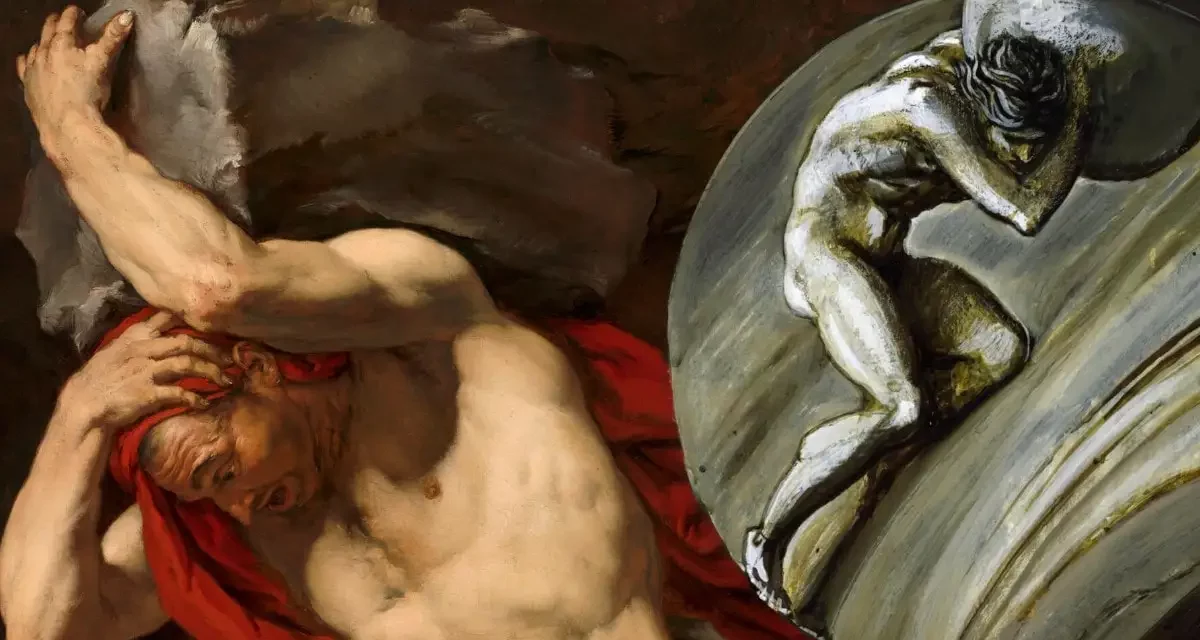Ancient Greek mythology as depicted by Hollywood often departs from the original source material. That is understandable since studios want to make as much money as possible from their movies. Many original mythology tales are anything but viewer-friendly to modern movie going audiences. The gods and heroes who populate ancient Greek mythology were not exactly nice people. Instead, they were prone to all the dark passions experienced by humans, and since they had divine or super powers, they often indulged their darkest whims in ways far beyond the abilities of mere mortals. So studios often adapt ancient mythology to package it into viewer-friendly – and many of those viewers are kids – films. Below are thirty things about that and other aspects of ancient Greek mythology that often don’t make it into Hollywood and modern pop culture.

30. How Faithful Were the Amazons in 2017’s Wonder Woman to Greek Mythology?
In the 2017 hit movie Wonder Woman, the Amazons are female warriors created by the Olympian gods to protect mortals. In that film’s narrative, the god of war, Ares, grew jealous of humans, and set in motion a plan to destroy mankind. When the other gods tried to thwart him, Ares ended them all, except for Zeus, whom he mortally wounded. With the last ounce of his power, the chief Olympian wounded Ares, who was forced to retreat. The god of war did not abandon his plans to destroy humans, however.

Fast forward to the twentieth century, and as Queen Hippolyta of the Amazons tells her daughter Diana, just before he died, Zeus gave mankind a final boon. He handed the Amazons the god-killer, a weapon to use against Ares when he came back. Diana eventually leaves the Amazons’ secluded island paradise, and gets involved in World War I, convinced that the global conflict is part of Ares’ plot to destroy humans. It is a great movie, but far as fidelity to source mythology goes, its depiction of the Amazons and their relationship with Ares contradicts the original Greek mythology version in some major ways.

